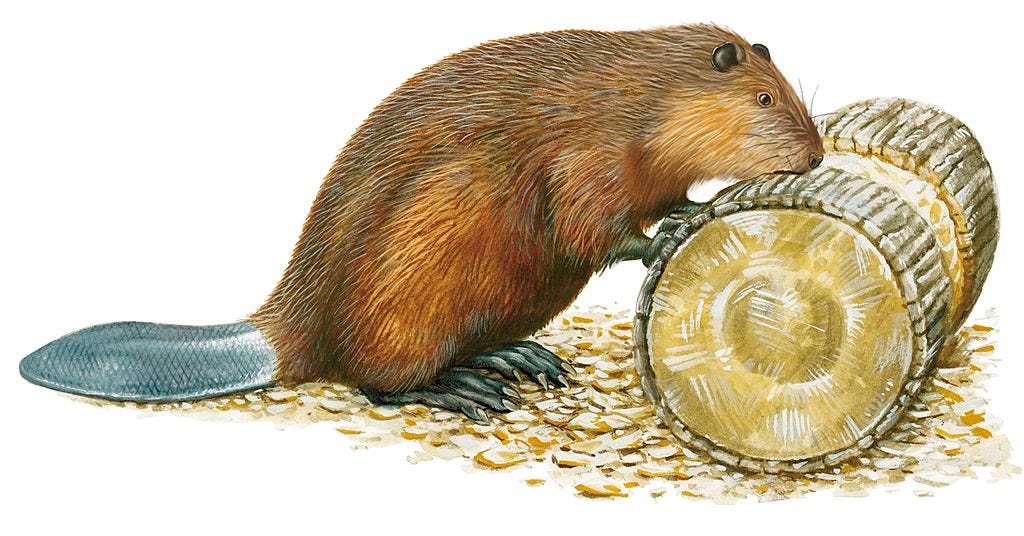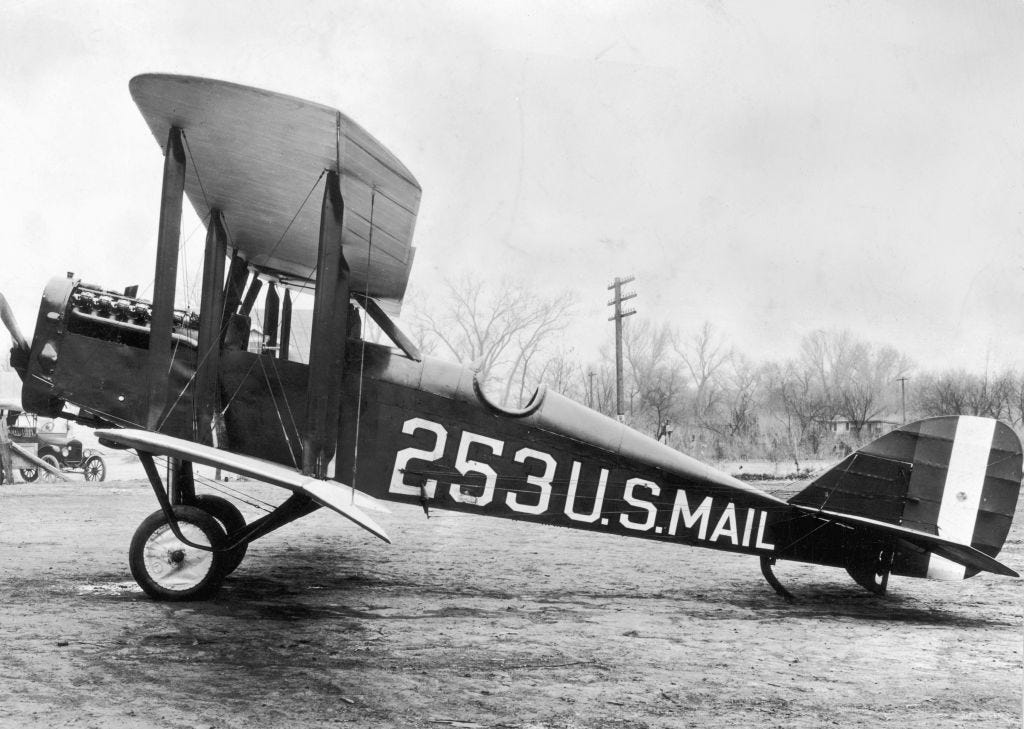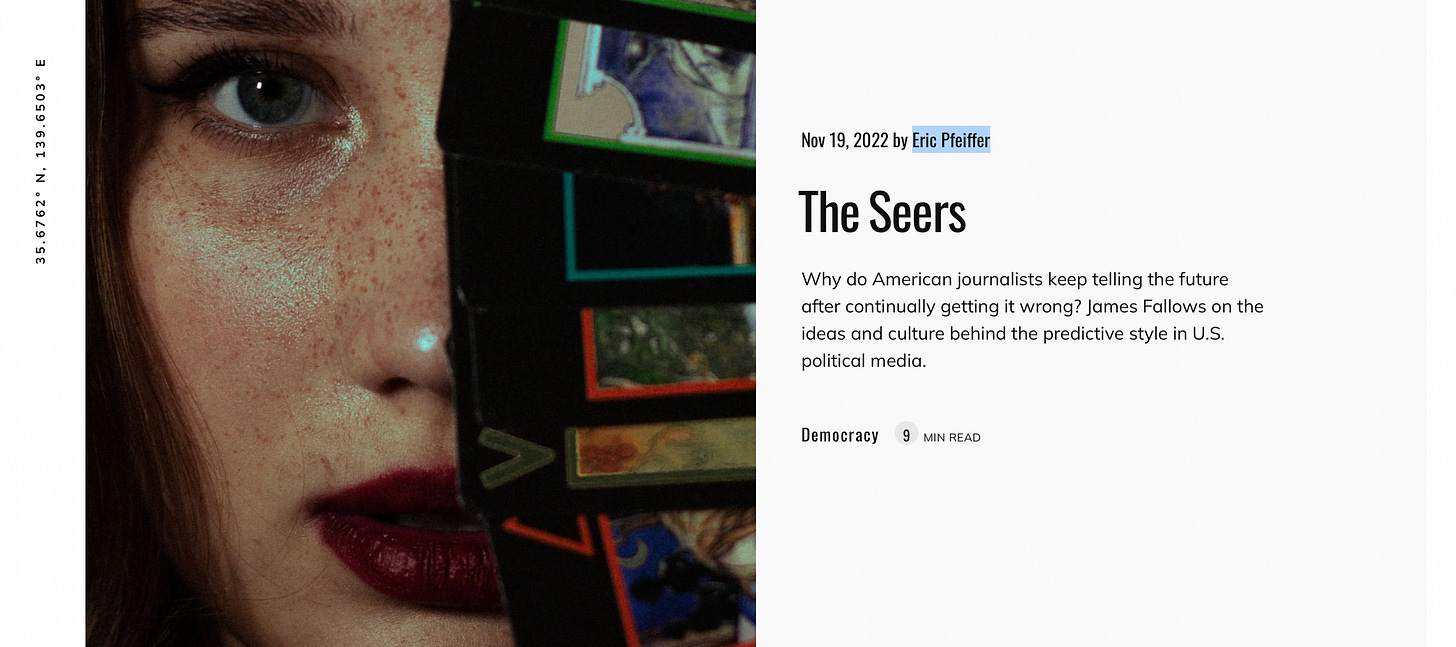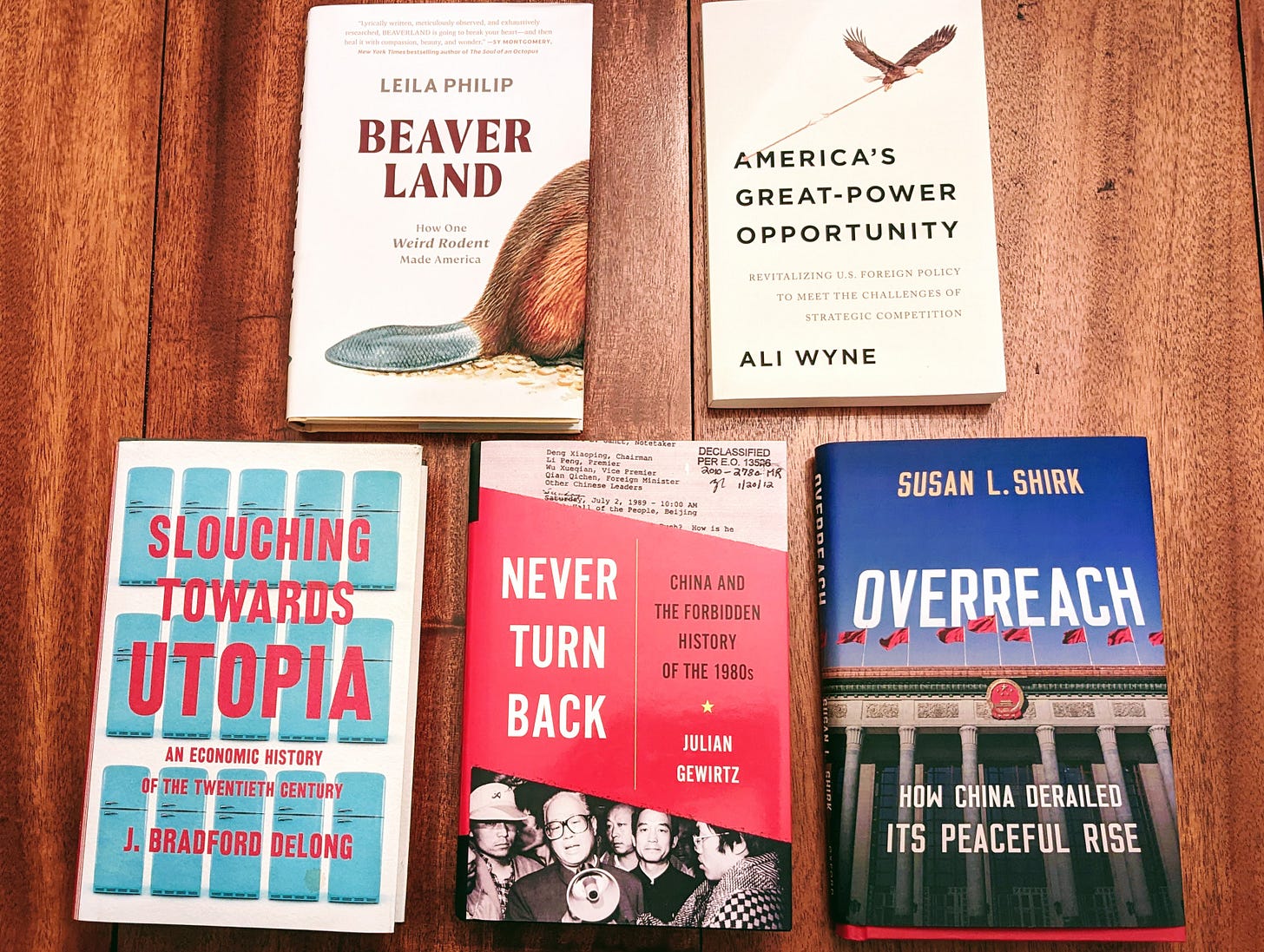Tips for Turkey Week
From wild beavers to Yale Law School, developments to welcome and learn from.

The items in this post are related only in involving ideas, contributions, or developments I have learned from and think deserve attention.
1) Books on the bedside table, starting with ‘Beaverland.’
A mostly good part of the writing life is that many people you know are writers too. Shown below are five recent or forthcoming books by friends and acquaintances that I have been reading “in parallel,” more or less at the same time.
I always like to have a giant stack of books within reach. Even the ones you’re not reading, and maybe won’t read until some undefined “later” time, give comfort by their mere presence. At least that is what I claim whenever the stacks get so high that they crash to the floor.
For reference, those shown in the snapshot below1 are: Beaverland, by Leila Philip; America’s Great-Power Opportunity, by Ali Wyne; Slouching Towards Utopia, by Bradford DeLong; Never Turn Back, by Julian Gewirtz; and Overreach, by Susan Shirk.
I “plan” (that is, I “hope”) to say more about each of them in coming days, as I have done with previous groups of books. The idea is to spread the word about good books in plenty of time for people to consider and order them as gifts.
I’ll kick it off today with an enthusiastic pointer toward Beaverland, whose subtitle admirably conveys its gist: How One Weird Rodent Made America.
There is a special category of excellence for books that can engross you in a topic you had not thought or cared about before. Leila Philip does that with her beavers. The book explains their biology, their oddity, their habits, their surprisingly profound effects, their interactions with (and fate at the hands of) human beings of different eras and cultures, their role in commerce and human civilization, and more. The book is mostly narrative, from historical records and Philip’s own first-hand reporting. But here is one of the parts where she makes her larger case:
Beavers are a keystone species, an organism so critical to the survival of a biological community that they function like the keystone in a medieval archway… Many animals use tools and are important to biodiversity, but only beavers and humans dramatically alter the landscape to create the environment they need (or want).
Beavers need water, so they cut down trees and flood forests to create ponds. In doing so, they kill trees but create new habitat for hundreds of animal species that rely on those new waterways. Once they abandon a dam, having determined that life there is no longer manageable due to lack of food, it begins to drain and the pond grows back as meadow, then underbrush, then eventually forest, the soil enriched by years of accumulated pond rot and muck. They are forest Shiva, destroying illusion to create insight, putting into motion cycles of growth and regrowth, creation through destruction. And today, beavers are back in many North American landscapes.
Check it out. You’ll find a very positive pre-publication blurb from me on the Beaverland site, among dozens of similar notes. The book helped me look at North America’s past, present, and future in a new way.
2) ‘The Great Air Race.’
Another book with surprising power to fascinate was published last week. This is The Great Air Race: Glory, Tragedy, and the Dawn of American Aviation, by John Lancaster, a former correspondent for The Washington Post and a magazine writer. It is his first book, and a very impressive debut.
The book’s general subject, the history of aviation, is one I thought I knew pretty well. But before reading this book I had not heard of the event that is its narrative focus: a cross-continental airplane race, between Long Island and San Francisco and back again, just after World War I. One of the most popular planes for pilots in the race was the de Havilland DH-4, which had served as a bomber for Allied forces during the Great War and is shown in its U.S. Mail livery below:

The promotional idea behind the race was to make aviation seem more practical, popular, high-speed, and all-round stylish and fun. It was a moment when U.S. airplane makers thought they would never catch up with established European companies.
The realities of the race turned out to be more … complicated. A week ago the New York Times published a review I did of the book (scheduled to be in the Sunday print edition in two weeks), in which I summarized some of the things that happened:
“As Americans would soon learn, there were many good reasons why an airplane race on such a scale had never been attempted,” Lancaster writes. The race was organized at the last moment — for October, just in time for the weather to get bad. Landing sites along the route were unfinished. On the first day of competition, three pilots were killed in crashes. By the time it was over, nine had died, and 54 airplanes had been damaged or destroyed… One contestant survived the eastbound leg to Long Island but said, “No one can make me race back.” He went home by train.
My favorite book about Antarctic exploration is The Worst Journey in the World, by the British writer Apsley Cherry-Garrard, a survivor of a doomed expedition in 1910. The Great Air Race has the same horrific but heroic fascination. Page by page you think, What else can go wrong? Page by page, you want to learn more.
Exactly one century after it appeared, Worst Journey in the World is an un-put-downable read2, one of the greatest (mis-) adventure tales ever. Its first words are: “Polar exploration is at once the cleanest and most isolated way of having a bad time which has been devised.” You can see an excerpt here.
I have no idea how long John Lancaster’s tale will last; few do as long as Worst. But I found The Great Air Race fully absorbing and illuminating now. Check it out too.
3) ‘Tell Me the Truth About Love.’
A book that is not on the bedside stack, because I’m carrying it around with me while traveling, is the latest novel from Erik Tarloff, Tell Me the Truth About Love.
Erik and his wife, Laura, are longtime friends of Deb’s and mine. Among their household’s many achievements are Erik’s five novels, which you can see listed at his site and all of which I’ve read and enjoyed. They are connected by a sly, insider-awareness of the different realms in which Erik has lived and worked — screenwriters’ Hollywood, Beltway D.C., Berkeley plus San Francisco —and his effortlessly wry, amused-and-amusing tone. Plus suspenseful plots. In a blog entry about his latest book, Erik suggests another connection as well.
This latest book is even more ribald and racy than the others, and sentence-by-sentence just as funny. That’s my report from halfway through. More details soon.
4) ‘On the Media’ and ‘The Signal.’
I am a longtime follower and fan of On the Media, the ever-trenchant, rarely-pious radio show about our media business. This past week I got to talk with OTM’s wonderful Brooke Gladstone about how political reporters could address their “bad predictions” problem by doing less predicting. The segment from this past weekend’s On the Media show is here.

I am also a follower and fan of The Signal, a newer site founded by my longtime friend and onetime Atlantic colleague J.J. Gould. Last week I also had the privilege of talking with Eric Pfeiffer, of The Signal, about the failings of the prediction business. His report is here.
5) Yale Law School starts cleaning out the Augean stables of ‘rankings.’
Twenty-five years ago, when I was the editor of US News, I was part of a brave-but-doomed effort to clean up its “rankings” business, which had originally been for colleges but has oozed out to apply to (and distort) practically everything.
The best overall view of why these rankings are so destructive came more than 20 years ago, in a Washington Monthly article by Amy Graham and Nicholas Thompson. I have done frequent updates on that theme, including in this space one year ago.
“Bad” rankings aren’t going away; they’re too important as a business to the companies that produce them. Therefore the two solutions are: for other organizations to dilute their influence through “good” rankings, like those from this same Washington Monthly; and for institutions that can “afford” to disdain or ignore the rankings, to do so.
This is the step that Heather Gerken, dean of perpetually “top-ranked” Yale Law school, took this past week. Good for her, and good for the other law schools that have followed her (initially Harvard, Stanford, Columbia, Berkeley, and Georgetown). Her statement is too long to quote at length here, but I encourage you to read it in full.
OK, here is a sample, with emphasis added:
Since the very beginning, Yale Law School has taken the top [US News] spot every year… The U.S. News rankings are profoundly flawed — they disincentivize programs that support public interest careers, champion need-based aid, and welcome working-class students into the profession. We have reached a point where the rankings process is undermining the core commitments of the legal profession. As a result, we will no longer participate.
6) If we’re talking about friends, then why not about family?
Deb and I have two sons, of whom we are limitlessly proud. As we are of each of their wives, and of the total of six next-generation offspring in their families.
In that context I’ll mention a great podcast last week in which our younger son, Tad Fallows, talked with Chris Hutchins of the “All the Hacks” series, about the companies Tad has started and what he has learned from his current venture, Long Angle. Both the main hour-long episode, and a bonus Q&A on how to teach children about money, are available here. Of course I’m biased, but I think it’s genuinely worth a listen. Again please check it out.
Kicking off this week’s holiday observations, I am thankful to the writers, broadcasters, educational leaders, and others mentioned here.
The link for each title is either to the publisher’s site, if I can find it, or if not to IndieBound.org, the nationwide network of non-chain, independent book stores. That is where I prefer to buy books unless there is a big rush.
No doubt it helped in my enjoyment of the book that I read it on a journey to Antarctica. But still.



Happy thanksgiving to all and thanks for the cool article!
Beavers are the most incredible engineers - check out webcams online of their constant building, it is the most adorable thing imaginable!
How did the animals learn so much? great read: Ed Yong, An Immense World: How animal senses reveal the hidden realm around us.
For your pleasure, some inspirational quotes from a famous father about loving his son, about love, and about the world. Have a great holiday season!
John Lennon:
“Count your age by friends, not years. Count your life by smiles, not tears.”
“When I was 5 years old, my mother always told me that happiness was the key to life. When I went to school, they asked me what I wanted to be when I grew up. I wrote down ‘happy’. They told me I didn’t understand the assignment, and I told them they didn’t understand life.”
“If someone thinks that peace and love are just a cliche that must have been left behind in the 60s, that's a problem. Peace and love are eternal.”
“Limitless undying love which shines around me like a million suns it calls me on and on across the universe.”
“We live in a world where we have to hide to make love, while violence is practiced in broad daylight.”
“The thing the sixties did was to show us the possibilities and the responsibility that we all had. It wasn't the answer. It just gave us a glimpse of the possibility.”
“There are places I'll remember
All my life though some have changed
Some forever not for better
Some have gone and some remain
All these places have their moments
With lovers and friends I still can recall
Some are dead and some are living
In my life I've loved them all”
― John Lennon, Real Love: The Drawings for Sean
sharing, heard on sirius beatles channel
a thought for our time
John Lennon knew that love and compassion could heal our world
best wishes for a speedy recovery for Deb, and a happy holiday season to all!
All You Need Is Love, John Lennon and Paul McCartney
...Love, love, love
There's nothing you can do that can't be done
Nothing you can sing that can't be sung
Nothing you can say, but you can learn how to play the game
It's easy
Nothing you can make that can't be made
No one you can save that can't be saved
Nothing you can do, but you can learn how to be you in time
It's easy
All you need is love...
There's nothing you can know that isn't known
Nothing you can see that isn't shown
There's nowhere you can be that isn't where you're meant to be
It's easy
All you need is love...